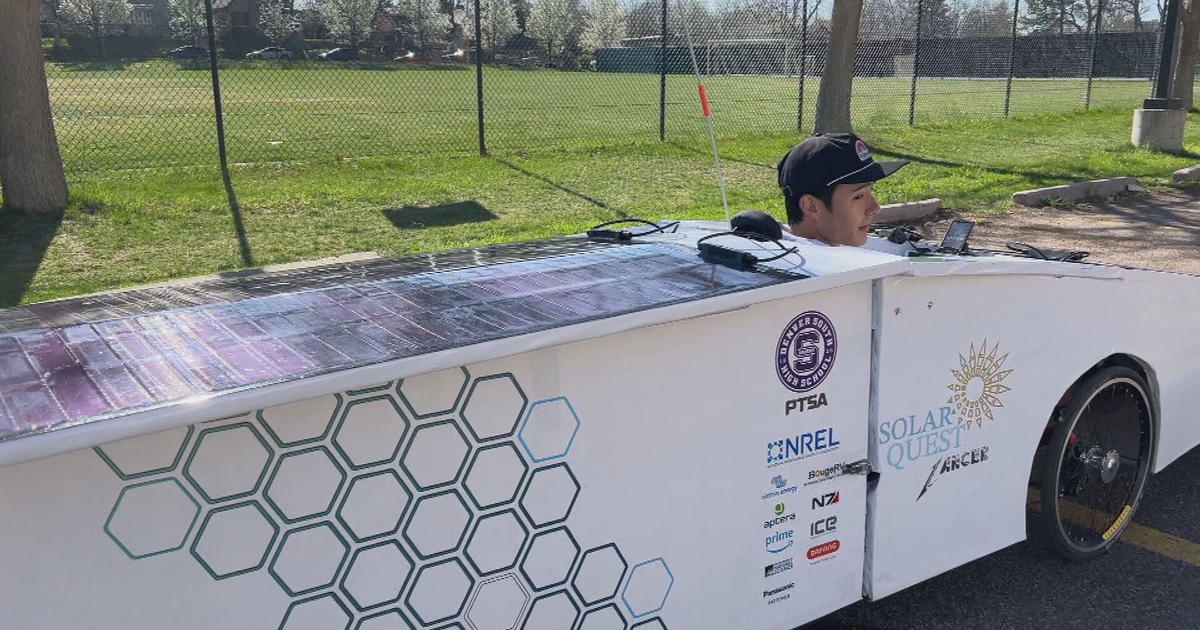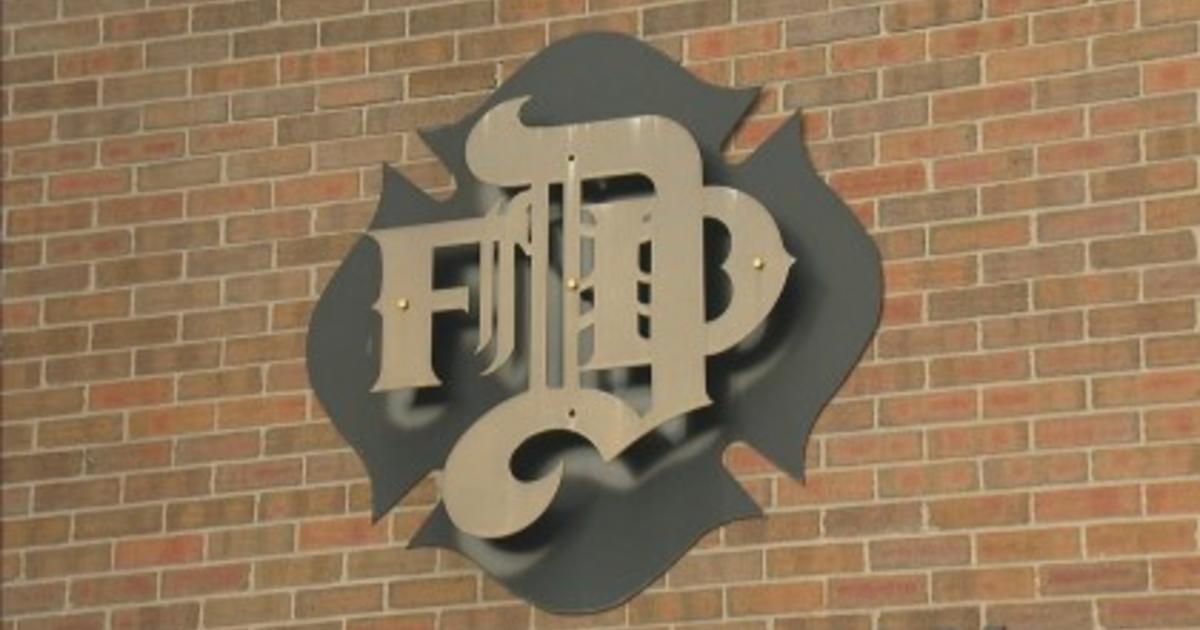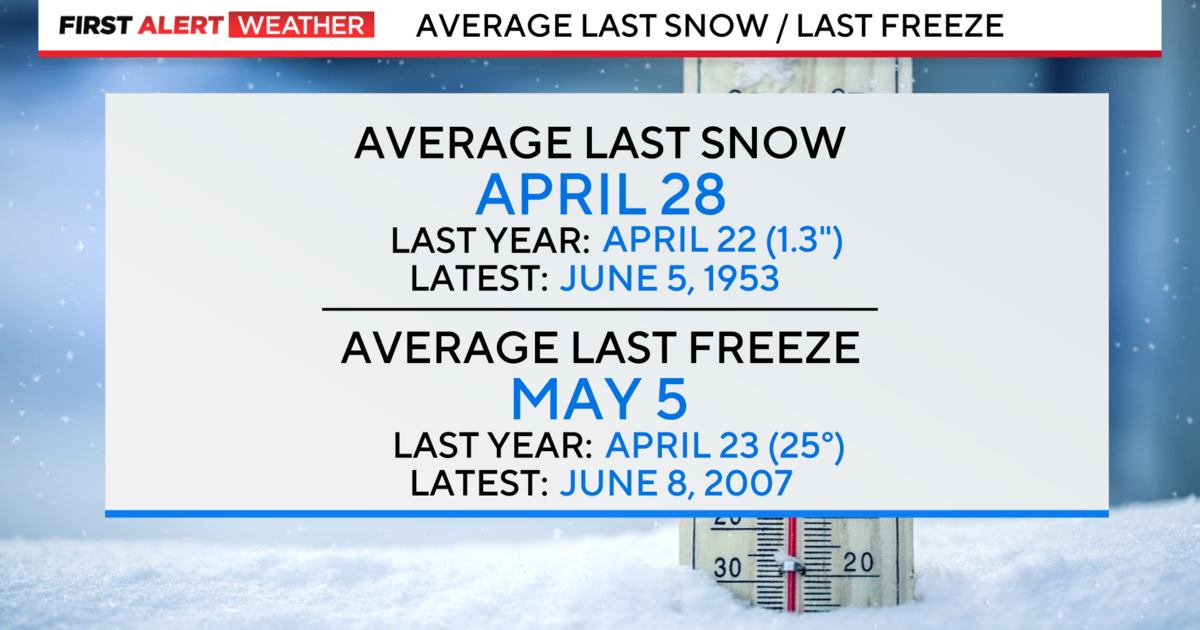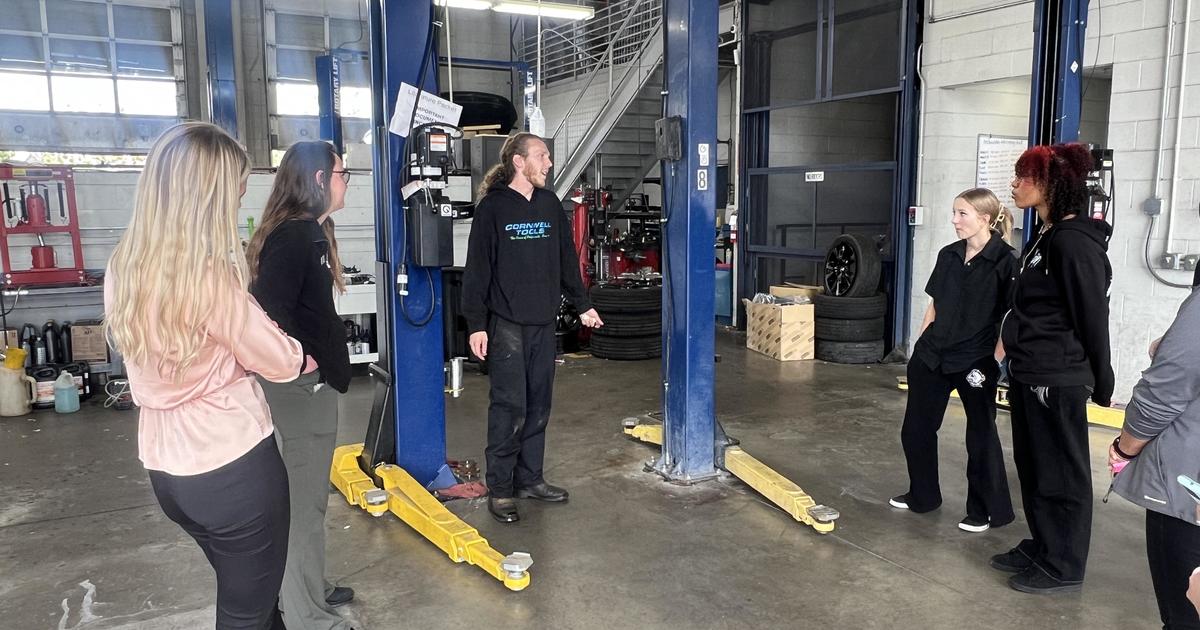Flood Safety Tips From The City Of Denver
Safety tips for walking or cycling on urban trails:
It's best not to walk or bike near a river or stream during or following heavy rainfall, even on Denver's paved urban bike and walking trails; water flow can quickly increase and flooding can occur without notice. GO TO HIGH GROUND!
Never take shelter in a culvert or in an enclosed space, especially in low elevations by rivers and streams. Always go to higher ground out of the flow of water.
Do not walk through moving water. Six inches of moving water can cause a person to fall.
If lightning is present, do not stand under or near an isolated tree or group of trees.
Never allow children to play around streams, drainage ditches or viaducts, storm drains or flooded areas.
Safety tips for driving in heavy rain:
If possible, avoid driving.
If you must drive, please remember:
Six inches of water will reach the bottom of most passenger cars, causing loss of control or possible stalling.
One foot of water will float most vehicles.
Two feet of rushing water can sweep away most vehicles — including SUVs and pick-ups.
If you must drive through water, drive slowly and steadily.
Avoid driving in water that downed electrical or power lines have fallen in; the electric current passes through water easily.
Stay off the telephone unless you must report severe injuries.
Avoid driving in water that downed electrical or power lines have fallen in; the electric current passes through water easily.
Watch out for manholes that may have been displaced due to high water volumes
Localized flooding:
In some areas that are geographical low-points and underpasses, water can't be expected to disappear down the storm inlets instantly - the pace and volume of the rainfall is too quick and too great to immediately drain off. It takes time for the system to accommodate it.
Folks can help out by clearing any trash or debris that is visibly blocking storm inlets or gutter flow WHEN IT IS SAFE TO DO SO.
Downed power lines/cables:
Stay clear of downed lines and report them immediately to Xcel Energy at 1-800-895-1999. If a power line has fallen onto a vehicle, stay away from the vehicle. Seek help immediately by calling 911.
Downed branches:
If a tree limb is broken on a public right-of-way, citizens are asked to contact Denver forestry to assess damage and tree safety. For trees on private property, citizens can visit www.denvergov.org/forestry for a list of licensed and insured tree care contractors.
Denver Solid Waste Management collects a limited amount of branches as part of its regular trash collection service. Branches must be no larger than 4 inches in diameter, and they must be cut into lengths of 4 feet or less, bundled and tied, and weigh no more than 40 pounds. For more information about branch disposal visit http://www.denvergov.org/trashrecycling/TrashandRecycling/TrashCollection/BranchesYardWaste/tabid/438313/Default.aspx
Flooded basements:
Residents with flooded basements are advised to contact their insurance company immediately. Other recommended steps include:
Open windows and ventilate well.
ACT QUICKLY: Dry wet or damp areas within 24-48 hours after the flood.
Remove all the excess water with mops or a wet vacuum.
Use portable fans to increase the circulation. DO NOT use a central furnace blower if flooding has occurred in it or any of the ducts.
In extreme flooding where water has soaked the walls it may be necessary to open wall cavities, remove baseboards, or pry open wall paneling.



